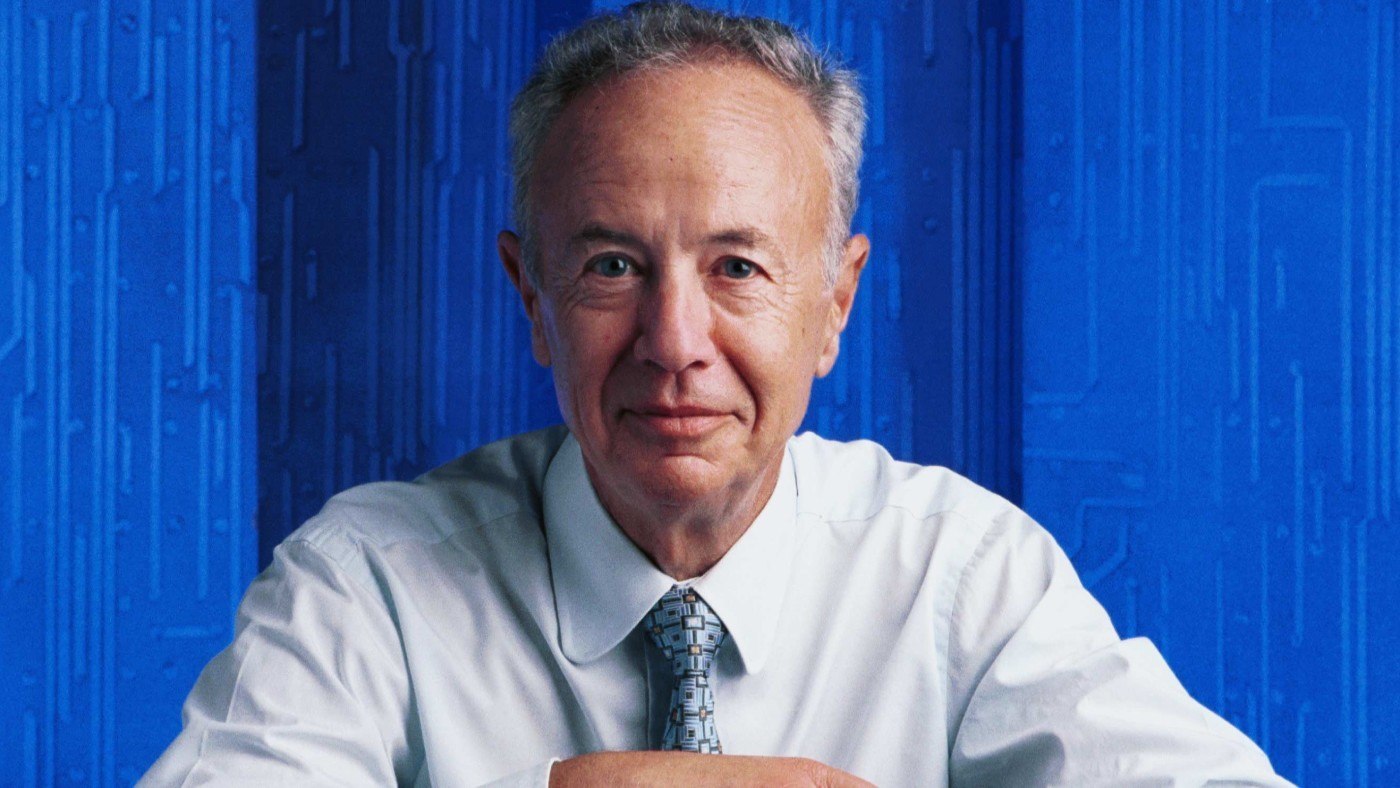The death this week of longtime Intel chairman Andrew Grove — who, astonishingly, in my view, didn’t even rate a front-page obituary in the New York Times — is a moment to reflect on immigration, on America, and on the triumph of freedom over fascism and communism.
Even the pre-prepared obituaries didn’t quite manage to capture the full intensity of Grove’s life story.
It began in Budapest, where a six-year-old-boy, Andras Istvan Grof, was told by a playmate, “Jews like you killed Jesus Christ, and we’re going to push all of you into the Danube.” Grof hid in Nazi-controlled Hungary by pretending to be a gentile. His mother warned him against using their apartment house’s communal toilet when others were present; Grof’s circumcision might betray the secret of his identity.
When the Communists succeeded the Nazis, it was no better. Andras Istvan Grof’s mother was raped by a Russian soldier. Grof’s father, who had been called up to serve in a labor battalion in the Hungarian Army, returned home and reported that on one bitter cold night the Hungarian guards had made the Jews strip naked and climb into trees. Then the guards amused themselves by spraying the Jews with water and laughing as “one after another fell out of the trees frozen to death,” according to the account in Grove’s memoir, “Swimming Across.” At age 20, Grof escaped across the border to Austria, took a train from Vienna to Bremerhaven in Germany, and then a boat to Brooklyn, New York.
There, and in the rest of America, Jews encountered unprecedented opportunity and prosperity. Grof worked his way through City College, where he changed the spelling of his name to Grove and supported himself in part by working as a summer bus-boy at a New Hampshire resort hotel. Eventually he co-founded the microchip-maker Intel; by the end of Grove’s decade as CEO, the company was making a profit of $6.1 billion a year, its market capitalization was $197.6 billion, and its products had changed the way the world worked, read, and shopped.
In his later years, Grove, like many successful businessmen, turned to philanthropy and public policy. In 2005, he gave $26 million to the City College of New York, the largest gift in the institution’s history, to establish an engineering school. In 2010 he publicly suggested that American impose “an extra tax on the product of offshored labor,” foreshadowing some of the trade rhetoric that has characterized the 2016 presidential campaign. In 2011 he wrote an article recommending reform of the Food and Drug Administration’s drug approval process that would limit the FDA’s mandate to safety, allowing physicians or patients to draw their own conclusions on the efficacy of medicines.
The personal computer revolution that Grove and his company enabled was one that empowered individuals and small businesses. Computers were no longer hugely expensive machines owned only by governments, large corporations, or universities. It was an American-made revolution made possible by a system — democratic capitalism — that, unlike Communism or Nazism, respects the freedom and dignity of each individual, regardless of that individual’s background.


